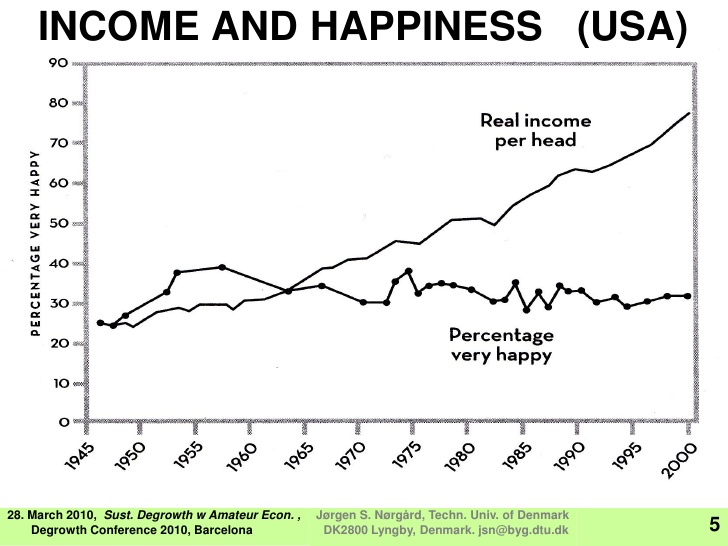A tweet-thread like micro-blog on a topic that I’ve been obsessing over lately.
1/ Whenever someone says “this is true”, or “I’m a truth-seeker”, ask them to first define truth. (Or if you’re asking this question, answer what evidence will constitute truth for you).
2/ Getting a hold of the definition being used for truth is especially important when talking about complex systems like business, politics, economics, ecology or essentially any field where you usually can’t just read error-free data from a well-isolated system.
3/ This privilege of substituting data with the truth is mostly available only to physicists. But even there, interpretations of truth can be widely debated – is 5-sigma a good enough threshold for declaring the Higgs boson to be true? Well, it’s anybody’s guess.
4/ The word ‘truth’ is bothersome because it’s ill-defined. If something is ‘true’, it won’t be debated. If something is debated but is ‘true’, how would you differentiate ‘truth’ from ‘falsity’? You’d use your subjective judgment to assess the evidence and then make that distinction. If you’d do that, so will everybody else and they can arrive at an opposite conclusion. (Much to your chagrin, they usually do). How can your truth be different from someone else’s truth?
5/ As you can see,
this ‘truth’ business is a slippery slope. I’d much rather prefer to use the word ‘satisfaction’ ... Read the entire post →
